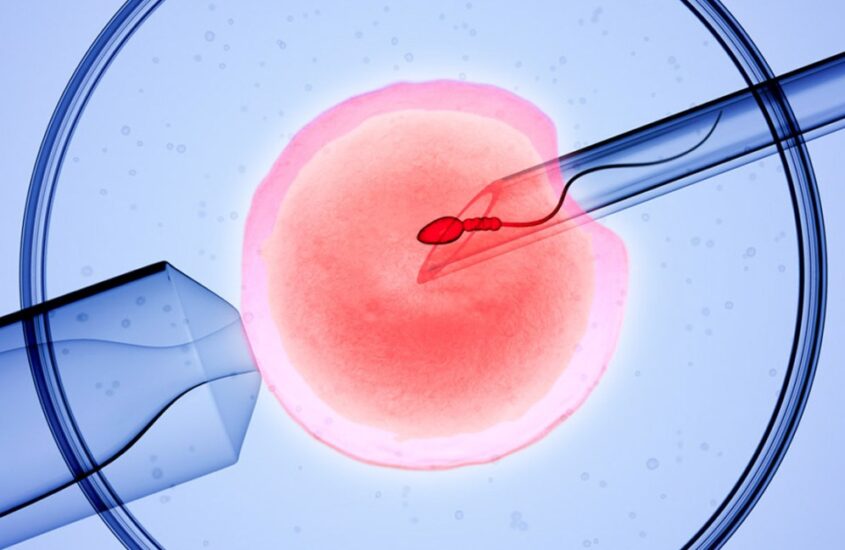In vitro fertilization

What is IVF (In Vitro Fertilization)?
An assisted reproductive method called In Vitro Fertilization (IVF) involves taking eggs from your ovaries and fertilising them with sperm in a specialist facility. The possibility that a pregnancy will develop is increased by allowing the fertilised egg (embryo) to mature in a safe environment for a few days before being placed into the woman’s uterus (on the uterine wall).
Why is IVF treatment carried out?
Several different reasons might lead people to consider IVF, such as infertility problems or when one spouse has a pre-existing medical condition. When previous fertility treatments have failed or if the woman is beyond her reproductive prime, some individuals consider IVF treatment. It is a reproductive choice that is available to same-sex partners as well as to individuals who want to become parents.
IVF is a possibility if you or your partner has:
- Endometriosis
- Low sperm count or other issues with sperm
- Damaged or obstructed fallopian tubes
- Complications with your uterus
- Ovarian problems such as Polycystic Ovary Syndrome (PCOS) or others
- A chance of passing on a hereditary illness or disease
- Either a gestational surrogate or an egg donor is being used
